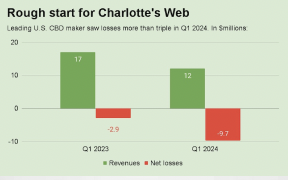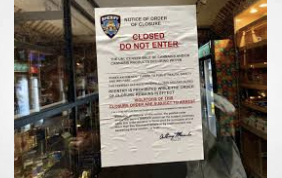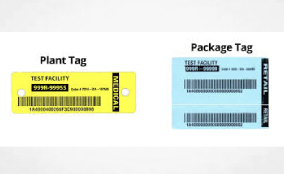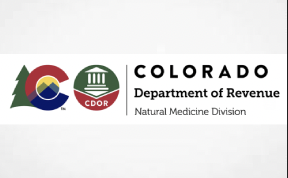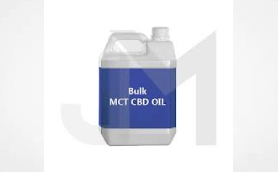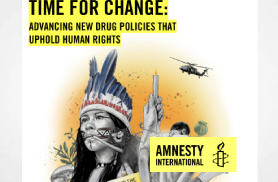Here’s the page updated 24 November 2021
The Advertising Code and naming therapeutic goods
Sponsors are reminded to carefully consider the application of the Therapeutic Goods Act 1989(link is external) (the Act) and the Therapeutic Goods Advertising Code(link is external) (the Code) when naming therapeutic goods.
The TGA has observed a trend in naming conventions that may be in breach of the Code. Examples have included the names of medicinal cannabis products, nicotine vaping products and weight loss products.
When naming products, sponsors should ensure that the full trading name of the product complies with the Code. Particular attention should be paid to Code sections 9 and 10 which specify accuracy and other requirements in advertising, including that an ad must not claim that the goods are infallible, unfailing, magical or miraculous.
All claims in an ad, including through a product name, must be valid and accurate and substantiated before the advertising occurs.
The name must not mislead or be likely to mislead a reasonable consumer.
The name of the product forms a part of the advertising because it is present:
- on the label of the goods, and/or
- on the packaging in which the goods are contained, and/or
- in the advertising or marketing of the product for purchase.
As the name is included in advertising, the Act and Code apply.
The TGA advises sponsors against naming, or part-naming, therapeutic goods that expressly or impliedly reference:
- a food
- an indication
- recreational use
- safety
- or make any other connotation that trivialises or exaggerates the potency of the product.
Examples include:
- “Name of Schedule 4 substance Chocolate Cooky”
- “Name of Schedule 4 substance Girl Power MTB”
- “Name of Schedule 8 substance Unicorn Dust”
- “Name of Schedule 8 substance Calm”
- “Name of product Fat Be Gone”
- “Name of product Anxious No More”
- “Name of product All Natural Always”
The TGA understands the need for products to be named in a way that distinguishes one product from other similar items. However, the above examples are likely to result in Australian consumers having a false sense of security about the safety of those products.
This principle applies to products that are not entered in the Australian Register of Therapeutic Goods, including because it is possible that these products may become available to consumers via an approved access pathway for unapproved goods.
The Advertising Code
The Code applies to all therapeutic goods, including unapproved therapeutic goods, unless specifically exempt.
Section 9 of the 2018 Code relevantly provides that advertising for therapeutic goods must satisfy that the claims in the advertisement are:
- valid and accurate
- substantiated
- truthful and balanced
- not misleading.
Section 10 of the 2018 Code relevantly provides that advertising for therapeutic goods must:
- not exaggerate product efficacy or performance
- not encourage inappropriate or excessive use of the therapeutic good
- not contain any claim, statement, implication or representation that the goods are safe, have no side-effects, are infallible, unfailing, magical or miraculous, or that harmful consequences can result from not using the goods.
The Act
The Act applies to all therapeutic goods, including unapproved therapeutic goods.
Sections 42DM and 42DMA of the Act are the relevant criminal offence and civil penalty provisions for advertising therapeutic goods where the advertisement fails to comply with the Code.
Sections 42DM and 42DMA of the Act apply to advertising irrespective of whether the goods contain prescription-only substances or are entered in the Australian Register of Therapeutic Goods.
Further information
Related information on the advertising rules have been published at these webpages.
